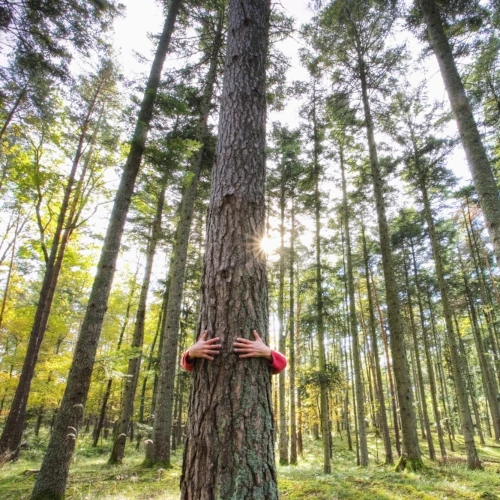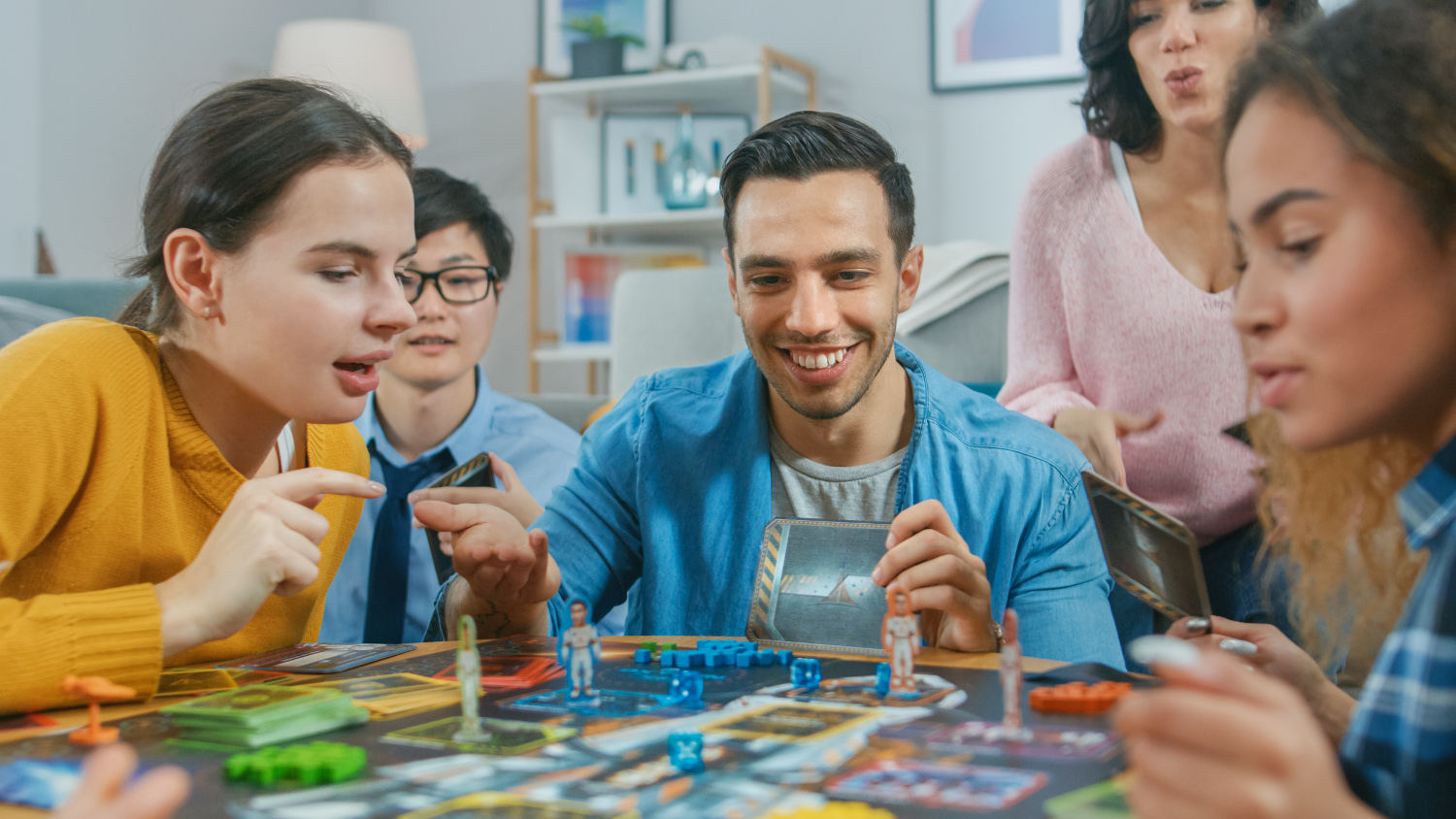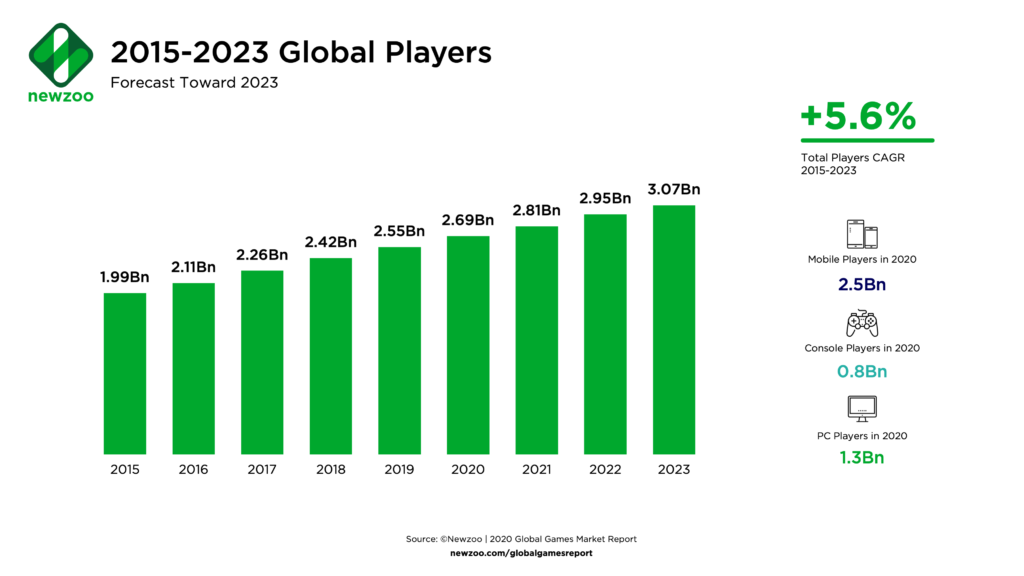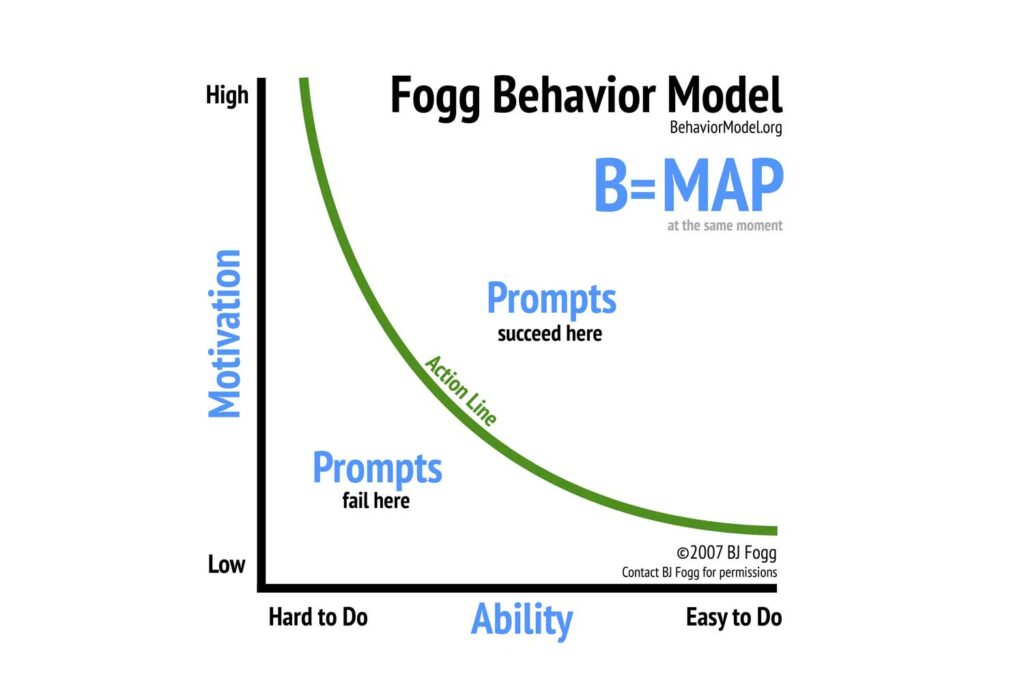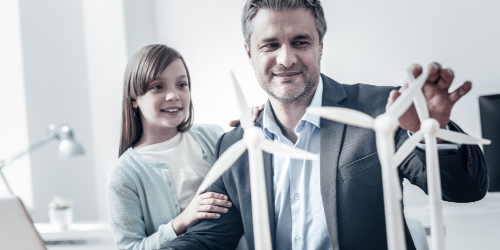A playful intervention is any activity where playful elements are integrated, with the aim to intervene and change someone’s perspective or habit.
You many think it’s about digital or board games only. Although these are effective media for play, the below examples are also considered playful activities:
– dancing for a cause
– a football game
– a restaurant guide food enthusiasts use to compare, visit and rate restaurants
– a social gathering that tracks who is connecting the most with another person and can receive rewards for it
– an administrative system that motivates employees to score points in using the system well.
– a debate with two teams competitively throwing convicing pleas & arguments to win the discussion
Children trying to climb in a tree as high as possible
And so on…
Play is all around us. And it helps up to grow into something more than what we are today. It is a powerful and undervalued development mechanism.
